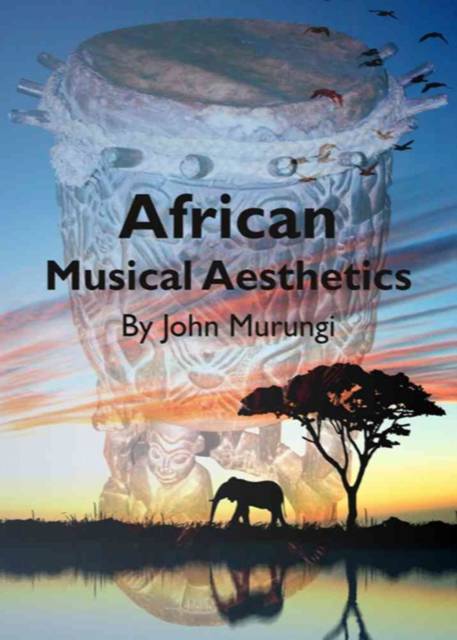
- Retrait gratuit dans votre magasin Club
- 7.000.000 titres dans notre catalogue
- Payer en toute sécurité
- Toujours un magasin près de chez vous
- Retrait gratuit dans votre magasin Club
- 7.000.0000 titres dans notre catalogue
- Payer en toute sécurité
- Toujours un magasin près de chez vous
Description
In the West, philosophy is generally confined to the domain of the intellect, and music to the domain of the emotion. This book makes either domain the location for the other. African musical aesthetics constitutes this location, and has its home in it. Moreover, since the separation of the domain of the intellect and the domain of emotion represents a bifurcation of what it is to be a human being, and by making either domain the location of the other, what African musical aesthetics accomplishes is the affirmation of a unified sense of what it is to be a human being. Accordingly, the unity of philosophy and music give rises to a unified sense of being human. It is to such unity that African musical aesthetics takes us. For African musical aesthetics to accomplish this task, this book challenges the conventional Western understanding of philosophy-an understanding that projects Africa as devoid of philosophy. It is this projection that pervaded Africa during the colonial period, and it is the projection that is challenged in African philosophy. From an African philosophical perspective African musical aesthetics turns out to be an emancipatory process that seeks to affirm the humanity of Africans but also a process that seeks to affirm common humanity. Music is not solely a matter of audiology, what is played, or what one dances to. It has its elemental task in calling our attention to what we are as human beings. In so far as it is sensuous, it constitutes us as members of the sensible world, and links us intrinsically to all that is sensuous. It is more than humanism. Music registers us as members of nature. It is nature naturing.
Spécifications
Parties prenantes
- Auteur(s) :
- Editeur:
Contenu
- Nombre de pages :
- 255
- Langue:
- Anglais
Caractéristiques
- EAN:
- 9781443829274
- Date de parution :
- 01-06-11
- Format:
- Livre relié
- Format numérique:
- Genaaid
- Dimensions :
- 147 mm x 211 mm
- Poids :
- 476 g

Les avis
Nous publions uniquement les avis qui respectent les conditions requises. Consultez nos conditions pour les avis.






